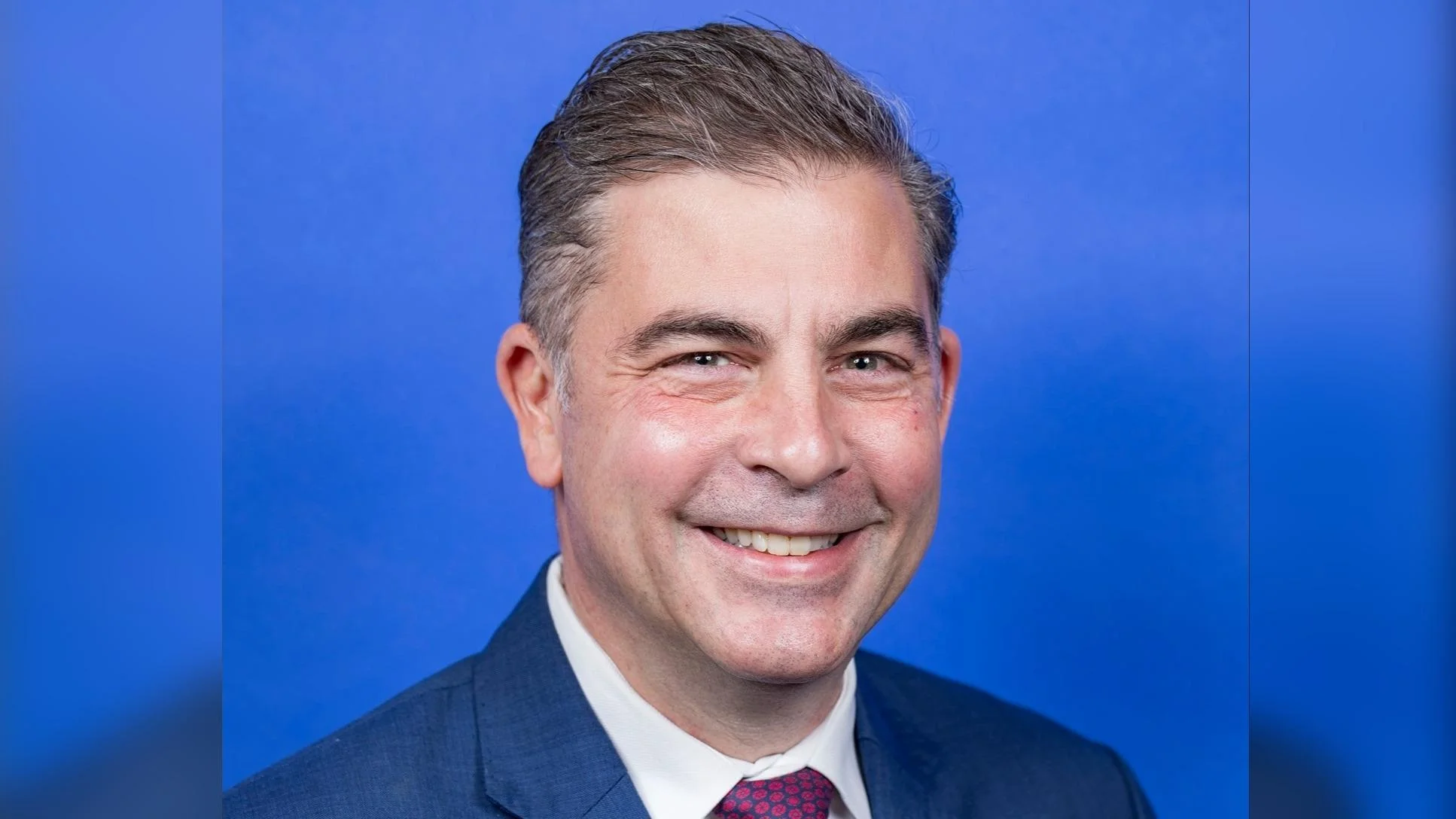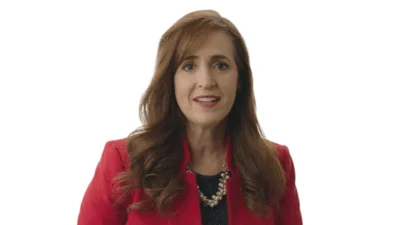U.S. Rep. Mike Carey representing Ohio's 15th Congressional District | Official U.S. House headshot
U.S. Rep. Mike Carey representing Ohio's 15th Congressional District | Official U.S. House headshot
Representatives Mike Carey (OH-15), Lloyd Doggett (TX-35), Carol Miller (WV-01), Pat Ryan (NY-18), and Debbie Dingell (MI-12) introduced the bipartisan Improving Access to Emergency Medical Services for Seniors Act today. The bill aims to allow seniors on Medicare to receive at-home emergency medical services for minor medical incidents.
"Not every patient is best served by an emergency room visit," said Congressman Carey. "In fact, for many seniors, a trip to the hospital can mean long wait times, increased costs, and potentially life-threatening complications. We’re proud to lead this bill to give our seniors access to the highest caliber of care."
Treatment-in-place options for emergency medical services reduce costs, increase convenience, and protect seniors from potentially life-threatening infections. Adults aged 65 and older account for nearly 20 percent of all ER visits, contributing to backlogs in waiting rooms even when they do not require inpatient treatment. A 2021 study found that patients who received at-home care had a 26 percent lower risk of readmission and a lower risk of long-term care admission compared to those who received in-hospital treatment.
"Treating patients immediately at home and preventing an emergency room trip is sometimes both the best way to help the patient and the taxpayer," said Rep. Doggett. "Our legislation establishes a Medicare pilot program designed to show the effectiveness of fair pay to first responders for such services, encouraging a permanent payment system for treatment in place."
Emergency Medical Services (EMS) providers are crucial in delivering care and transportation in rural America. In West Virginia, many patients live hours from a hospital and rely on EMS for treatment. Congresswoman Miller emphasized that EMS personnel are equipped to provide care without necessarily transporting non-emergency patients to hospitals.
"Our grandparents, neighbors, and friends are safer and healthier because of the dedicated care paramedics and EMTs provide," said Congressman Pat Ryan. "They deserve compensation no matter where they administer care."
Rep. Dingell added, "We should be making it easier for seniors to live and receive the care they need at home." She noted that allowing EMTs reimbursement would save Medicare costs while freeing up emergency room space.
The bill has garnered support from several organizations including the National Rural Health Association, International Association of Fire Chiefs, International Association of Firefighters, American Ambulance Association, Congressional Fire Service Institute, National Association of Towns and Townships, and the National Association of Emergency Medical Technicians.
Randy Strozyk, President of the American Ambulance Association stated: "The Improving Access to Emergency Ambulance Services Act will establish a pilot project demonstrating financial and medical benefits by reimbursing paramedics for treatment provided at home."
Susan Bailey from NAEMT remarked: "Reimbursing EMS agencies for Treatment in Place will save Medicare billions on unnecessary ER visits while enhancing patient experience."
IAFF General President Edward A. Kelly emphasized updating Medicare’s reimbursement policies as essential for driving EMS innovation.
Fire Chief John S. Butler highlighted that this legislation would allow vulnerable citizens necessary care without trauma or expense associated with hospital transport.
Full text of the bill is available here.





 Alerts Sign-up
Alerts Sign-up